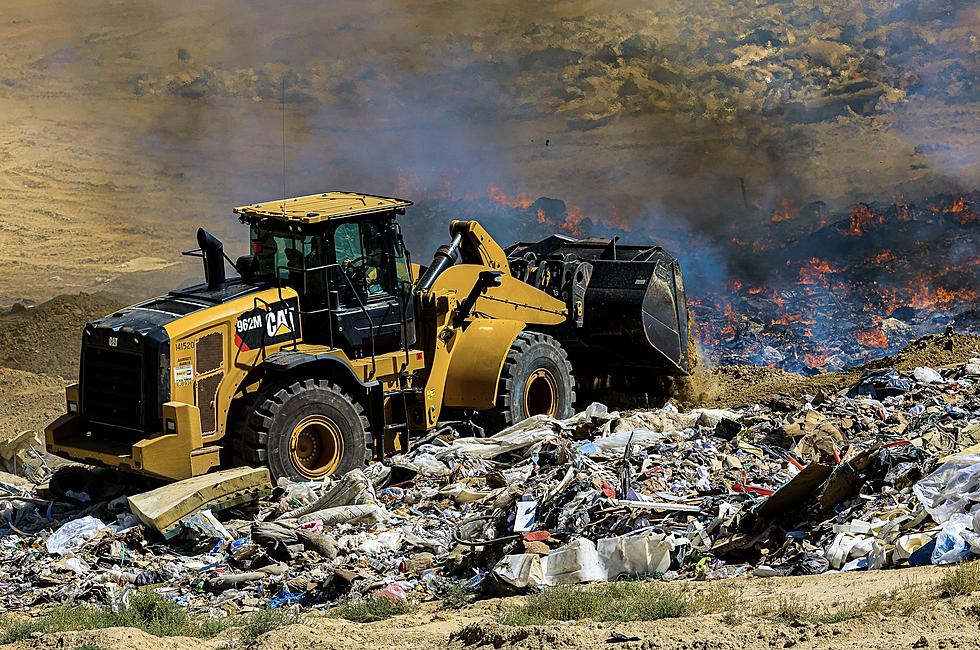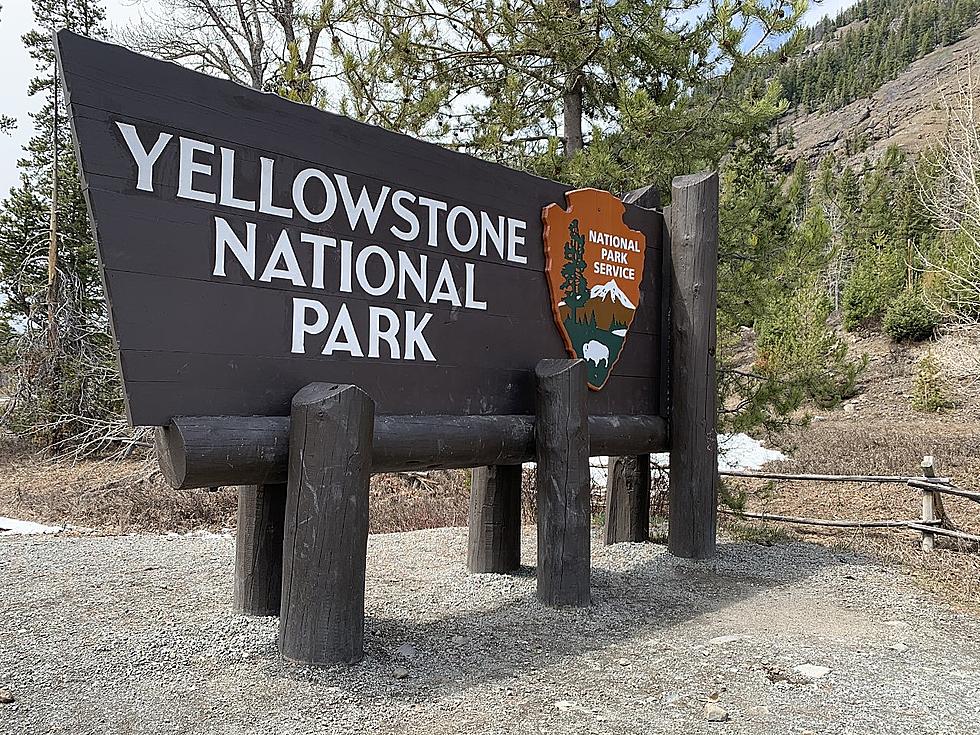
Agency: Safeguards Failed in Fire That Killed 5 at Gas Well
OKLAHOMA CITY (AP) — The failure of safety devices designed to prevent blowouts contributed to an explosion and fire that killed five workers last year at a southeastern Oklahoma natural gas well, according to a federal agency's report Wednesday that also lists inadequate training and a deactivated alarm system as factors.
The report by the U.S. Chemical Safety and Hazard Investigation Board says the safeguards, designed to prevent the uncontrolled release of gas and other fluids from the well, were ineffective before the Jan. 22, 2018, explosion and fire in Pittsburg County near Quinton, which is about 125 miles east of Oklahoma City.
Among other things, the 158-page report found certain operations at the Houston-based Patterson-UTI Energy Inc. drilling site were conducted "without needed planning, equipment, skills, or procedures," nullifying the primary barrier designed to prevent a blowout.
The explosion was the deadliest drilling accident since the Deepwater Horizon rig exploded in the Gulf of Mexico in 2010, killing 11 people.
The report says the safety management system at the well was not effective for managing safe rig operations and that the driller was not effectively trained in using a method for monitoring the uncontrolled flow of natural gas.
The board says the explosion and fire followed the removal of a pipe from the well, a process known as "tripping" that the report says was performed in a way that "allowed a large amount of gas to enter the well."
In addition, the blowout preventer failed to close when workers attempted to activate it after the fire started because control hoses had burned and leaked hydraulic fluid, the agency's report determined.
The report also says the victims had no safe escape route from the driller's cabin once the drilling mud and gas was ignited, effectively trapping them once the fire started.
Killed in the explosion and fire were Matt Smith of McAlester, Oklahoma; Parker Waldridge of Crescent, Oklahoma; Roger Cunningham from Seminole, Oklahoma; Josh Ray of Fort Worth, Texas; and Cody Risk of Wellington, Colorado. Autopsies determined all five men died of burns and smoke inhalation.
Family members of the victims filed lawsuits alleging, among other things, that the well's operator used a cheaper and quicker drilling plan than experts advised and ignored warnings that safety equipment at the well site was malfunctioning prior to the explosion. The agency's report does not specifically address those allegations.
Patterson has said it does not comment on pending litigation but is committed to preventing future accidents.
The report says few regulations govern the safety of onshore oil and gas drilling operations in the U.S. It provides a series of recommendations that the agency said could help prevent future catastrophic blowouts and protect people as well as the environment.
Among them are development of a safety management system that applies only to the drilling of onshore oil and gas wells that includes detailed, written operating procedures for all drilling operations; a risk assessment of hazards associated with the drilling plan; development of a recommended practice on alarm management specifically for the drilling industry; and development of safety regulations for companies who design oil and gas well drilling plans for wells in Oklahoma.
The report also recommends convening a group of experts in drilling, engineering and instrumentation to discuss ways to implement automatic safety instrumented systems industrywide to control an oil and gas well when other operational barriers fail.
More From K2 Radio









